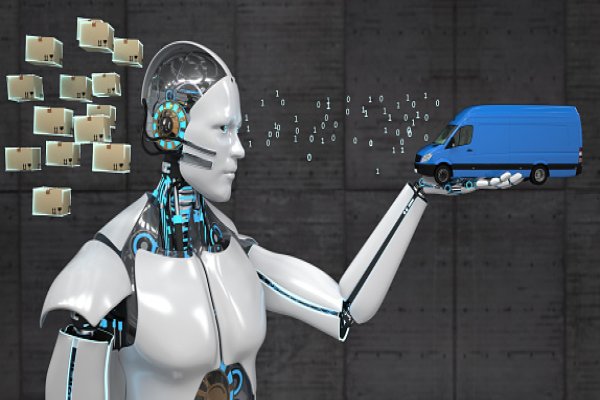ChatGPT, the popular AI language model trained by OpenAI, has recently released its API for developers. This is exciting news for those in the tech industry looking to integrate AI capabilities into their applications and platforms.
The release of ChatGPT’ opened up a world of possibilities for developers. With the API, developers can easily access ChatGPT capabilities, such as text generation, question answering, and language translation.
In November 2022, when OpenAI – a San Francisco company dedicated to creating Artificial Intelligence tools – rolled out ChatGPT, Daniel Habib, a former Facebook and Oculus employee, acted without delay.
ChatGPT was released, and by the fourth day following, Habib had already utilized it to create QuickVid AI, a tool that automates a great portion of brainstorming for YouTube content.
Creators add information regarding the topic of their video, specifying the category they’d like to occupy and employing QuickVid with ChatGPT in designing a suitable script. Subsequently, generative AI technologies utilize the outlined script to create audio and visual components.
Habib, however, had the misfortune to employ unofficial routes to utilize ChatGPT significantly, which rendered him unable to charge patrons openly, yet offered solace that tens of thousands were diligently availing it daily.
QuickVid, a chatbot developed by Habib, gained API access to ChatGPT and Whisper’Whisper’srecognition AI on March 1, when OpenAI was announced. In response, Habib successfully linked QuickVid to the API within an hour.
Habib says:
“All of these unofficial tools that were just toys, essentially, that would live in your own personal sandbox and were cool can now actually go out to tons of users.”
What was once a murky, DIY domain of enthusiast hobbyists may be sparking a brand-new AI gold rush with the OpenAI announcement. The new business possibilities created by this development allow these tech tinkerers to turn their passion projects into real ventures.
Hassan El Mghari founded TwitterBio, which utilizes ChatGPT’ChatGPT computing capabilities to create Twitter user profiles.
Hassan El Mghari says:
“What this release means for companies is that adding AI capabilities to applications is much more accessible and affordable.”
OpenAI’sOpenAI’sa retention policy could provide peace of mind for enterprises planning to utilize ChatGPT. After implementing changes, the firm specified that all data generated by customers would be exclusively held for only 30 days and promised never to use input information to train its systems.
David Foster, a partner at Applied Data Science Partners, a London-based data science and AI consultancy, believes that a “critical” city” is essential for companies to succeed in implementing an API.
Fear of personal or business-critical data being consumed by ChatGPT’ChatGPT’sg models is what Foster believes has been hindering the utilization of this tool till now.
Foster says:
“It shows a lot of commitment from OpenAI to basically state, ‘Look, you can use this now, risk-free for your company. You’re not going to find your company’s data turning up in that general model.”
According to Foster, companies now have agency in managing their data with this policy shift. OpenAI no longer needs to be trusted to control its information and transportation. In this way, firms have the assurance of handling the governance components on their terms instead.
Foster went on to say:
“You were building this stuff effectively on somebody else’s architecture, according to somebody else’s data usage policy.”
Given the falling price of access to large language models, this could lead to more AI chatbots becoming available soon.
GPT3 API, launched in June 2020, offered only limited output despite its impressive generation of persuasive language when prompted. However, with ChatGPT (GPT3.5), OpenAI provides ten times more cost-efficient access, yielding significantly stronger conversational performance.
Source: wired



